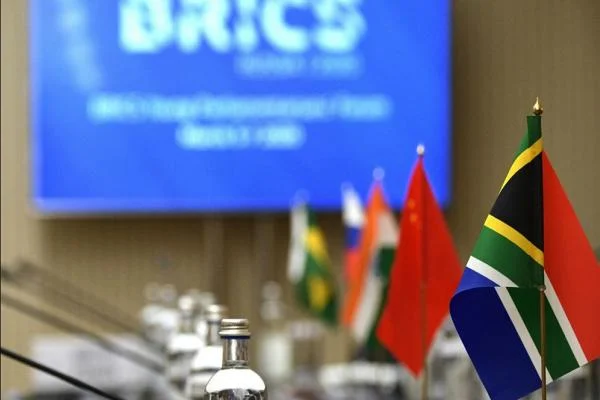South Africa’s antagonistic stance towards Morocco has been intensifying in recent years, with Pretoria pursuing a biased policy in favor of Algeria’s ruling military regime. This policy aims to undermine Morocco’s influence on both the African and international stages.
One of the most recent examples of this hostility is South Africa’s opposition to Morocco’s potential membership in the BRICS group. According to a report by Bloomberg, South Africa informed other BRICS member states that it would not welcome Morocco if invited to join, viewing Rabat as a threat to its influence within the group. Any attempt to reduce South Africa’s influence by inviting Morocco would face strong opposition.
This stance highlights Pretoria’s efforts to create regional tensions, showing that its focus is not just on bolstering its position within BRICS, but also on hindering African nations from establishing strong and balanced economic relations.
Despite Moroccan Foreign Minister Nasser Bourita stating in 2023 that Morocco had not applied for BRICS membership, South Africa’s hostile position reflects its fear of Morocco potentially becoming a key partner in this global alliance. This opposition seems to stem from concerns over Morocco’s growing role as a leading player in Africa’s development.
South Africa’s stance appears misguided, especially considering Morocco’s long-standing efforts to foster cooperation with African nations based on shared interests and mutual prosperity, distancing itself from ideological conflicts and narrow interests.
Unlike South Africa, which engages in unconstructive policies, Morocco has been improving the economic and social infrastructure of numerous African countries through large-scale development projects. This positions Morocco as a model for a nation that combines economic strength with a commitment to sustainable development. It seeks to strengthen partnerships with African nations across various sectors, promoting the long-term interests of African peoples.
Although South Africa views Rabat as a potential competitor, Morocco, in reality, plays a stabilizing role in Africa, driving the continent’s development. Rabat is working to balance Africa’s economic and social interests and is a qualified partner for achieving regional progress, distancing itself from the isolationist policies pursued by countries like Pretoria and Algeria.
South Africa’s rigid stance reflects an exclusionary policy aimed at protecting narrow, unsustainable interests at the expense of broader African cooperation. This approach does not serve the needs of African populations, which urgently require collective efforts to achieve development and prosperity. Meanwhile, Morocco remains committed to its role as a key player in promoting stability and economic growth in Africa, at a time when South Africa seems unable to offer a genuine vision for constructive African cooperation.
